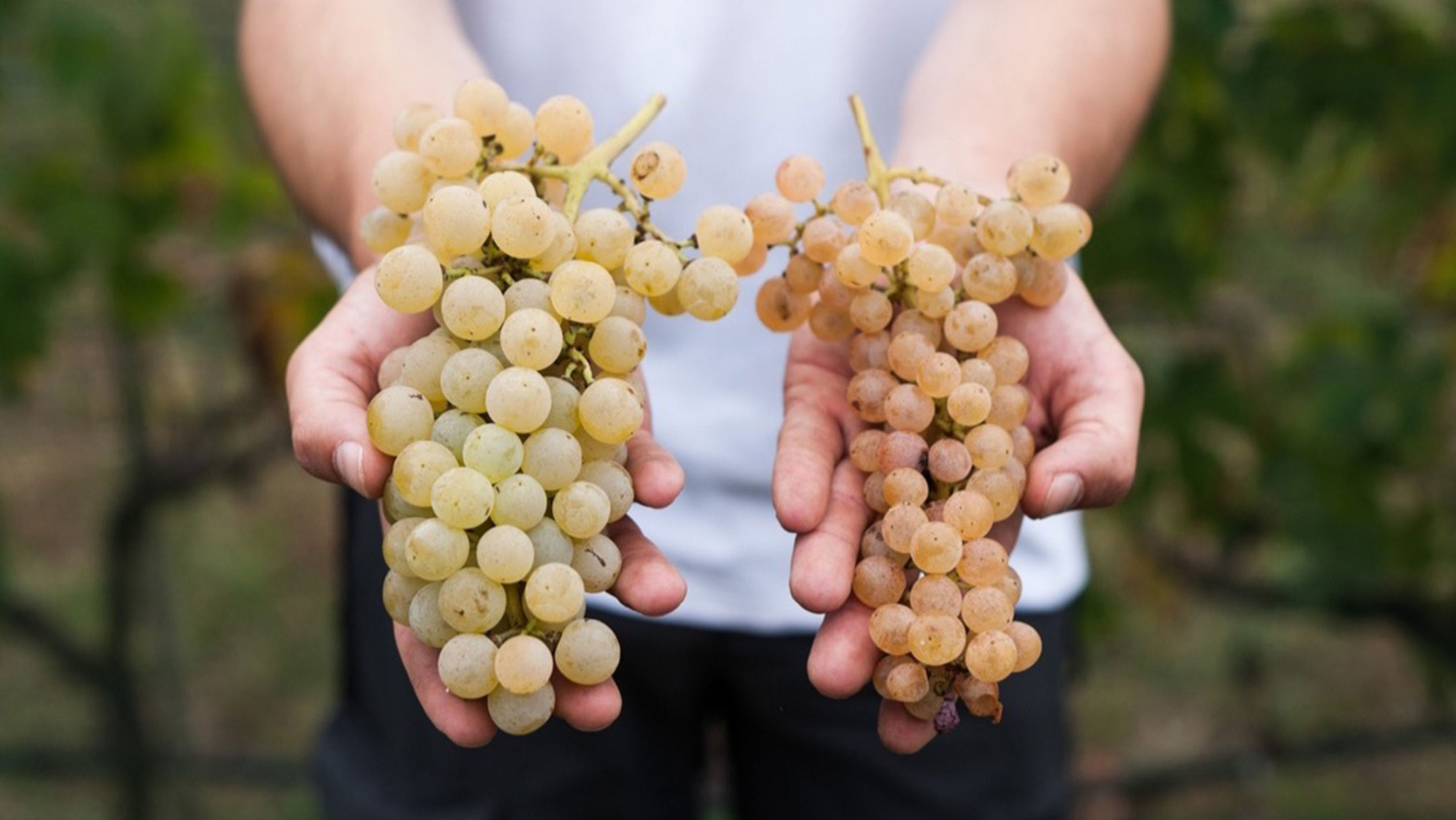Eco-friendly travel is more than a trend; it’s a commitment to preserving the beauty and health of our planet. For wine enthusiasts, visiting sustainable vineyards offers a unique way to explore the world while supporting environmentally responsible practices. This guide will help you plan visits to eco-friendly vineyards, focusing on sustainable practices and responsible tourism, with insights that go beyond the usual recommendations.
The importance of sustainable viticulture
Sustainable viticulture is essential for preserving natural resources, enhancing biodiversity, and reducing the environmental footprint of winemaking. It involves practices that protect the soil, conserve water, reduce carbon emissions, and promote ecosystem health.
Key sustainable practices
Organic farming: avoiding synthetic pesticides and fertilizers. Organic vineyards rely on natural pest control methods, compost, and organic matter to nourish the soil and plants.
Biodynamic farming: a holistic approach that treats the vineyard as a self-sustaining ecosystem. Biodynamic farming includes organic practices and also follows lunar and astrological cycles for planting and harvesting.
Water conservation: using drip irrigation and rainwater harvesting. Efficient water use reduces strain on local water supplies and supports the health of the vineyard.
Energy efficiency: utilizing renewable energy sources like solar and wind power. Many sustainable vineyards install solar panels or wind turbines to power their operations.
Waste reduction: composting and recycling winery waste. Organic waste is turned into compost to enrich the soil, and materials like glass, paper, and cardboard are recycled.
Stat insight: according to the international organisation of vine and wine (oiv), vineyards account for around 3.3% of the world’s agricultural land but use about 10% of the pesticides, highlighting the need for sustainable practices.
Planning your eco-friendly vineyard visit
Research and choose sustainable vineyards
Start by researching vineyards that prioritize sustainability. Look for certifications such as organic, biodynamic, or leed (leadership in energy and environmental design). These certifications ensure that the vineyard adheres to specific environmental standards.
Notable sustainable vineyards
Château maris (france): nestled in the languedoc region, château maris is renowned for its biodynamic practices. The winery itself is built from hemp bricks, which are not only carbon-neutral but also act as a carbon sink.
Frog’s leap (usa): located in napa valley, frog’s leap practices dry farming, which relies on natural rainfall rather than irrigation. The winery is also solar-powered, reflecting a commitment to renewable energy.
Bodegas torres (spain): with vineyards in various regions of spain, bodegas torres is a leader in climate change mitigation. They focus on reducing carbon emissions, water usage, and promoting biodiversity.
Plan your itinerary
When planning your trip, consider the following:
Seasonality: visit during harvest season (late summer to early autumn) for a full experience. This is when vineyards are most active, and you can witness the grape harvest and winemaking process.
Transportation: opt for eco-friendly transportation options like electric cars, bikes, or public transport. Reducing your carbon footprint while traveling enhances the sustainability of your trip.
Accommodation: choose eco-friendly lodgings, such as hotels with green certifications or local bed-and-breakfasts that practice sustainability. Many sustainable vineyards also offer on-site accommodations that adhere to eco-friendly principles.
Engage in responsible tourism
Responsible tourism involves minimizing your impact on the environment and supporting local communities.
Tips for responsible tourism
Pack light: reduce your carbon footprint by packing only what you need. Lighter luggage means lower fuel consumption during travel.
Respect local practices: learn about and respect the cultural and environmental practices of the regions you visit. Being mindful of local customs and sustainable practices helps protect the local environment.
Support local businesses: buy local products and dine at local restaurants to support the community. Supporting local economies helps preserve the cultural and environmental integrity of the region.
Stat insight: the global sustainable tourism council reports that sustainable tourism can reduce water consumption by up to 65% and energy consumption by 50%.
Experiencing sustainable vineyards
Participate in eco-friendly activities
Many sustainable vineyards offer activities that allow you to engage with their sustainable practices.
Activities to consider
Vineyard tours: learn about organic and biodynamic farming practices. Tours often include a walk through the vineyards, where you can see sustainable practices in action.
Wine tasting: sample wines made from sustainably grown grapes. Tastings often highlight how sustainable practices enhance the flavor and quality of the wine.
Workshops: participate in workshops on topics like composting, organic gardening, and sustainable winemaking. These hands-on experiences provide deeper insights into the vineyard’s commitment to sustainability.
Learn from the experts
Take advantage of the knowledge of vineyard owners and staff. Ask questions about their practices, challenges, and innovations in sustainability.
Example: at château maris, visitors can learn about their use of hemp bricks, which absorb co2, contributing to a lower carbon footprint. You can also explore their biodynamic farming techniques, which include the use of natural preparations to enhance soil fertility.
Benefits of visiting sustainable vineyards
Environmental impact
By visiting sustainable vineyards, you support practices that reduce environmental harm and promote biodiversity. Your patronage helps fund ongoing sustainability efforts and encourages other vineyards to adopt similar practices.
Personal satisfaction
Engaging with sustainable practices can provide a deeper appreciation for wine and the environment, enriching your travel experience. Knowing that you are supporting environmentally responsible practices adds a sense of purpose to your visit.
Educational value
Learning about sustainable viticulture can inspire you to adopt eco-friendly practices in your own life. The knowledge gained from your visit can be applied to everyday actions, contributing to a more sustainable lifestyle.
Stat insight: according to the wine institute, sustainable vineyards can reduce greenhouse gas emissions by up to 39% compared to conventional vineyards.
Conclusion
Eco-friendly travel to sustainable vineyards offers a rewarding way to explore the world while supporting the health of our planet. By researching and choosing sustainable vineyards, planning responsibly, and engaging in eco-friendly activities, you can enjoy a fulfilling and environmentally conscious travel experience. Whether you’re a seasoned wine enthusiast or a curious traveler, visiting these green vineyards will leave you with unforgettable memories and a greater appreciation for sustainable living.
Embrace the opportunity to explore the beauty of sustainable vineyards, learn from their innovative practices, and enjoy the exceptional wines they produce. Cheers to a journey that celebrates both the art of winemaking and the preservation of our environment.


How to choose the perfect travel package for your next adventure?
Selecting the ideal travel package can make or break your vacation experience. With countless options available, ranging from all-inclusive resorts to customized itineraries, finding the perfect fit for your next adventure seems overwhelming. However, by considering key factors such as your budget, preferred destination, travel style, and desired activities, you narrow down your choices and […]